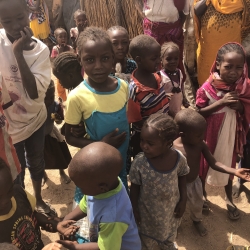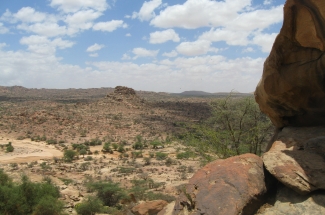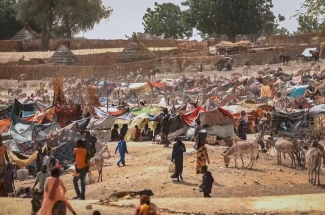Our concern for Africa is shaped by long term relationsips between Maryknoll missioners and the people of Sudan and South Sudan, Kenya, Tanzania, Zimbabwe and Namibia. We honor their strength and wisdom and believe that African cultures and traditions often suggest solutions to seemingly intractable local and global problems.
In Africa our Global Concerns work is at times country-specific, focussing, for example, on the slow process toward peace between Sudan and South Sudan, or the genocide in Darfur; the political and economic collapse of Zimbabwe; the introduction of genetically modified seeds or the political situation in Tanzania; efforts to stop corruption in Kenya, among other issues. We also address transnational issues of great concern to all people in Africa: deep and endemic poverty; the HIV and AIDS pandemic; the call for the cancellation of illegitimate and overwhelming debt without conditions that worsen poverty; just trade agreements; the rights of women and children; and environmental degradation.





